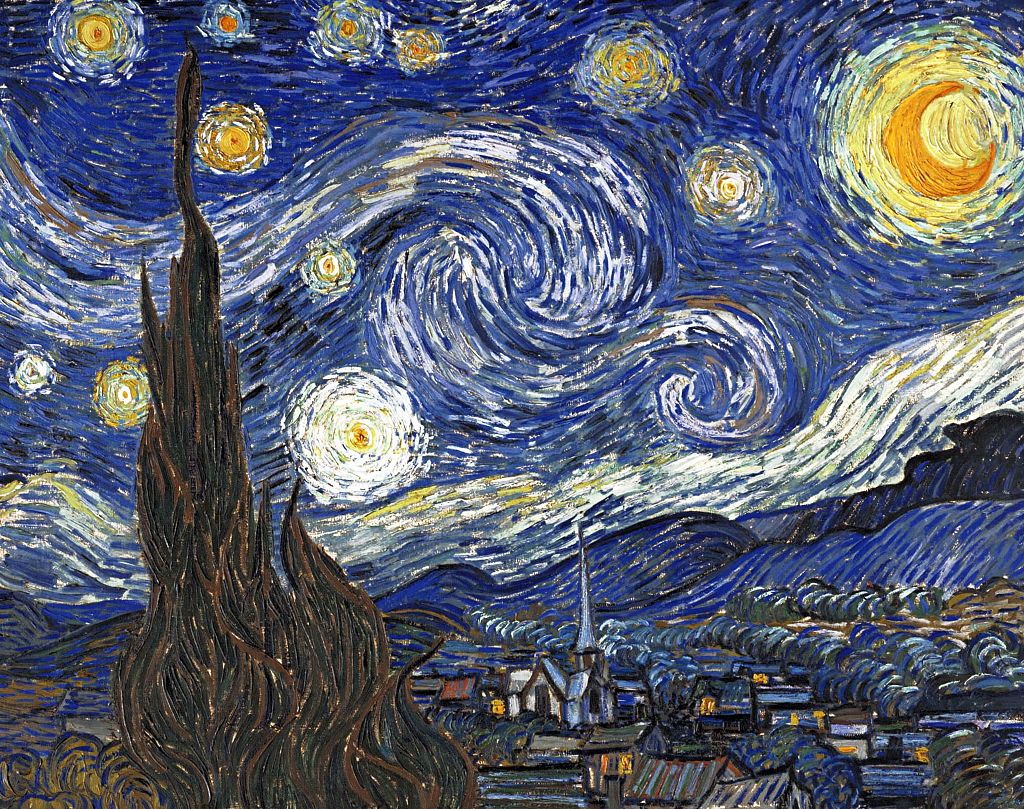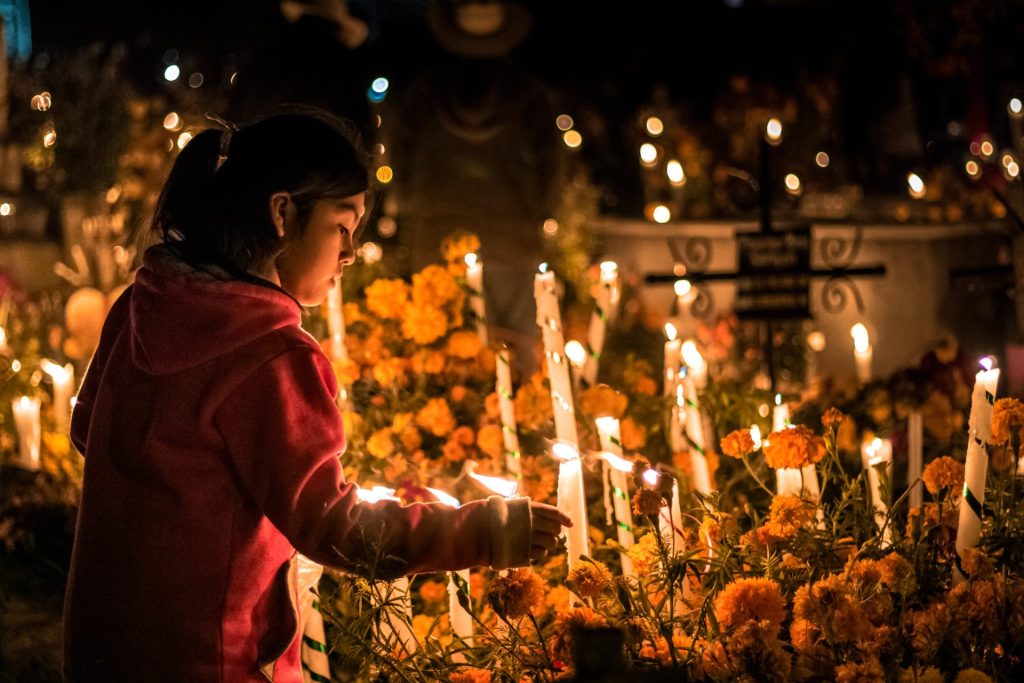
Sunday, December 3
FIRST SUNDAY OF ADVENT – YEAR B
Mark 13:33-37
Today, with the first Sunday of Advent, the Laudato Si’ Journey begins, accompanying the liturgical Sundays until the Paschal Triduum. A journey in the footsteps of the Word of God read in the light of our commitment to ecological conversion. It begins peculiarly: Jesus speaks to us about ultimate realities, and the first gospel of the liturgical year presents an eschatological discourse. What sense does it make?
Advent is a favorable time to prepare for Christmas, for the mystery of God’s incarnation. The Creator chooses to live our everyday life, and we are called in our daily lives to discern the signs of the times. From this viewpoint, it becomes evident why embarking on a journey with prior knowledge of its conclusion clarifies what awaits us in the end.
This Sunday’s gospel offers the last part of the “eschatological discourse” found in chapter 13 of the Gospel of Mark, which began with the image of the destroyed temple. The passage for this Sunday immediately follows the beautiful image of the fig tree, the ever-present invitation in Jesus’ message to contemplate creation, to listen to His voice through the harmony of His creatures. The images in this Sunday’s passage are drawn from everyday life, teaching us the style to adopt in this Advent and ultimately in everyday life.
“Be watchful, be alert!” is the direct and clear invitation of this first Sunday of Advent. It seems to be the slogan for the entire journey that awaits us. The verb αγρυπνάω precisely means “to stay awake in the field,” almost as if to tell us how impossible it is to sleep in the open field at night amid all dangers. An invitation to keep our eyes open, to live our present as it deserves, with attention and contemplation. Amid the evil of everyday life – we are at the end of the eschatological discourse, which focuses on reading evil and understanding the signs of the times – there is salvation, there is the hand of God the Creator, and we are called to pay attention. As if Jesus wants to tell us today that the evil in the world is the illusion of possessing everything, of closing our eyes and taking the place of God. This is the abomination of desolation mentioned a few verses earlier. Faced with this, the first thing to do is to stay awake! Just as we will see the shepherds staying awake, outside the Nativity scene.
And what is the kairos, the moment we do not know? We choose it; it is the moment we decide to open our eyes and become aware. It may seem like a dramatic moment, but it is an encounter with life, an encounter with God. A moment that will be like a man who has departed – literally, the original Greek text says μέτοικος, that is, emigrated – and leaves his home. This emigrant is God himself, who leaves the beauty of the common home He created and leaves us all in this splendid home. And we are called to recognize His presence in everything He has created, in everything we find in the house. He leaves us ἐξουσία, that is, He leaves us power, and does not abandon us to ourselves. He leaves us His power, the power of love, and we are called in this house to use it, each with their own role, with their unique and irreplaceable task.

Photo from Jhovani Morales (Pexels)
The kairos that presents itself before our eyes, open or closed, depends on us; it can manifest itself in times that are less relevant to us: in the evening or at midnight or at the crowing of the rooster or in the morning, all moments of the day when fewer events occur, when our phones are disconnected. Think even more so of Jesus’ time, actually rural. Instead, these are the most intense moments of the Paschal Triduum: the evening of the institution of the Eucharist, the midnight of Gethsemane, the rooster’s crowing of Peter’s denial, the morning of loneliness. In Mark, under the cross, no disciple remains. Here Jesus warns us about the style to adopt in a world immersed in evil.
With these words of Jesus, “What I say to you, I say to all: Watch!” The long introduction to the passion in the Gospel of Mark concludes chapter 13 closes, and just at the beginning of Advent, it is as if we receive an Easter invitation. Everything is connected, and reading the story of salvation with this holistic perspective certainly offers us a horizon of meaning that can help us live this Christmas time with a different gaze.
The most beautiful wish, in this new liturgical year, is to walk alongside the word of God to build a better world, with the gaze of Francis of Assisi, who said in the beautiful paraphrase of Our Father: “Thy will be done, on earth as it is in heaven: so that we may love you with all our hearts, always thinking of you; with all our souls, always desiring you; with all our minds, directing to you all our intentions and in everything seeking your honor; and with all our strength, spending all our energies and the sensitivities of our soul and body in the service of your love and for nothing else; and so that we may love our neighbors as ourselves, dragging everyone with all our might to your love, enjoying the goods of others as our own and suffering together with them the evils, not causing harm to anyone.” (FF 270).
We sincerely wish you a good journey towards the Lord’s Nativity!
Laudato Si’!





